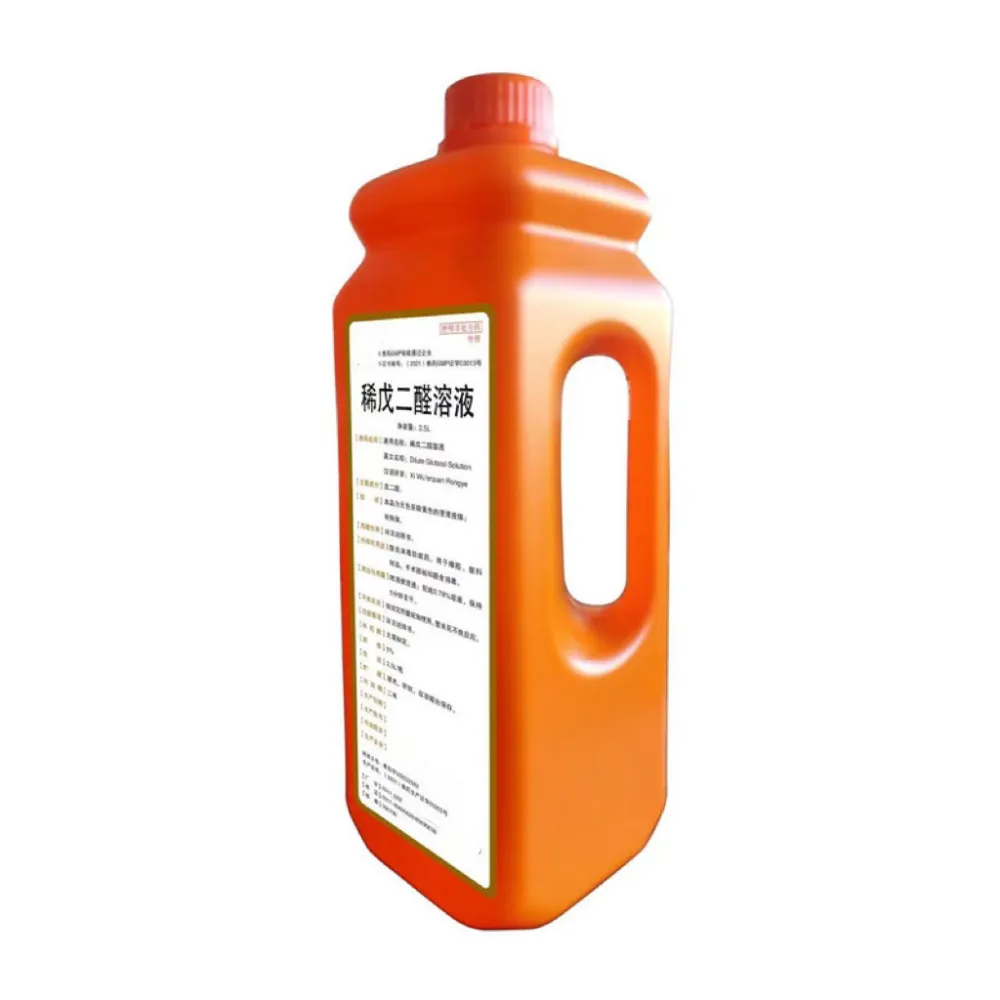- Afrikaans
- Albanian
- Amharic
- Arabic
- Armenian
- Azerbaijani
- Basque
- Belarusian
- Bengali
- Bosnian
- Bulgarian
- Catalan
- Cebuano
- Corsican
- Croatian
- Czech
- Danish
- Dutch
- English
- Esperanto
- Estonian
- Finnish
- French
- Frisian
- Galician
- Georgian
- German
- Greek
- Gujarati
- Haitian Creole
- hausa
- hawaiian
- Hebrew
- Hindi
- Miao
- Hungarian
- Icelandic
- igbo
- Indonesian
- irish
- Italian
- Japanese
- Javanese
- Kannada
- kazakh
- Khmer
- Rwandese
- Korean
- Kurdish
- Kyrgyz
- Lao
- Latin
- Latvian
- Lithuanian
- Luxembourgish
- Macedonian
- Malgashi
- Malay
- Malayalam
- Maltese
- Maori
- Marathi
- Mongolian
- Myanmar
- Nepali
- Norwegian
- Norwegian
- Occitan
- Pashto
- Persian
- Polish
- Portuguese
- Punjabi
- Romanian
- Russian
- Samoan
- Scottish Gaelic
- Serbian
- Sesotho
- Shona
- Sindhi
- Sinhala
- Slovak
- Slovenian
- Somali
- Spanish
- Sundanese
- Swahili
- Swedish
- Tagalog
- Tajik
- Tamil
- Tatar
- Telugu
- Thai
- Turkish
- Turkmen
- Ukrainian
- Urdu
- Uighur
- Uzbek
- Vietnamese
- Welsh
- Bantu
- Yiddish
- Yoruba
- Zulu
10 月 . 22, 2024 04:19 Back to list
buparvaquone injection veterinary uses
Buparvaquone Injection A Promising Veterinary Medicine
Buparvaquone is an innovative veterinary drug that has been gaining attention in the treatment of various infections in animals. Primarily developed for the veterinary field, buparvaquone is especially effective against protozoal infections, which are commonly encountered in livestock and companion animals. This article discusses the uses, benefits, and considerations of buparvaquone injection in veterinary medicine.
Mechanism of Action
Buparvaquone is a synthetic compound that belongs to the class of therapeutics known as hydroxynaphthoquinones. Its primary mechanism of action involves the inhibition of the mitochondrial electron transport chain in protozoa. This mechanism disrupts the energy production of the pathogens, leading to their death. Buparvaquone is particularly known for its effectiveness against *Theileria* species, which are responsible for diseases such as Theileriosis in cattle.
Veterinary Applications
Buparvaquone injection is primarily used to treat infections caused by *Theileria* in livestock, especially in regions where these diseases are endemic. The injection is typically administered to cattle that show clinical signs of infection, such as fever and anemia. By utilizing buparvaquone, veterinarians can rapidly alleviate the symptoms associated with these infections, ultimately improving the health and productivity of the animals.
Additionally, this medication has shown efficacy against other protozoal infections, including *Babesia* and *Leptospira*, which affect various species of livestock and companion animals. The rise of antibiotic resistance has increased the importance of using effective therapeutics like buparvaquone, which offers an alternative treatment option with a different mechanism of action compared to traditional antibiotics.
Benefits
buparvaquone injection veterinary uses

One of the significant advantages of buparvaquone is its favorable safety profile. Clinical trials have demonstrated that the drug is well-tolerated in animals, with a low incidence of adverse effects when administered according to the recommended guidelines. This is particularly important in veterinary medicine, where the health and welfare of the animals are of utmost concern.
Another notable benefit is the speed at which buparvaquone works. In many cases, veterinarians report rapid clinical improvements in treated animals, which can lead to quicker recoveries and reduced downtime for livestock. This not only benefits the animals but also translates into economic advantages for farmers who rely on their livestock for productivity.
Considerations and Future Directions
While buparvaquone offers promising alternatives for treating protozoal infections, it is essential for veterinarians to carefully consider its use based on individual animal health conditions, potential for drug interactions, and regional prevalence of pathogens. Ensuring proper dosage and adherence to treatment protocols is crucial to maximize therapeutic outcomes and minimize resistance development.
Looking ahead, ongoing research and development may expand the applications of buparvaquone in veterinary medicine. Continued studies will help to explore its effectiveness against a broader range of pathogens, as well as potential use in other animal species. Moreover, as our understanding of veterinary pharmacology evolves, combination therapies that include buparvaquone could be explored to enhance treatment efficacy further.
Conclusion
In summary, buparvaquone injection represents a significant advancement in veterinary medicine, particularly for the treatment of protozoal infections in animals. Its effective action, safety profile, and rapid therapeutic response make it a valuable tool for veterinarians. As research advances, buparvaquone may pave the way for more innovative approaches to managing infectious diseases in the veterinary field, ultimately improving animal health and welfare across the board.
-
The Power of Radix Isatidis Extract for Your Health and Wellness
NewsOct.29,2024
-
Neomycin Sulfate Soluble Powder: A Versatile Solution for Pet Health
NewsOct.29,2024
-
Lincomycin Hydrochloride Soluble Powder – The Essential Solution
NewsOct.29,2024
-
Garamycin Gentamicin Sulfate for Effective Infection Control
NewsOct.29,2024
-
Doxycycline Hyclate Soluble Powder: Your Antibiotic Needs
NewsOct.29,2024
-
Tilmicosin Premix: The Ultimate Solution for Poultry Health
NewsOct.29,2024













